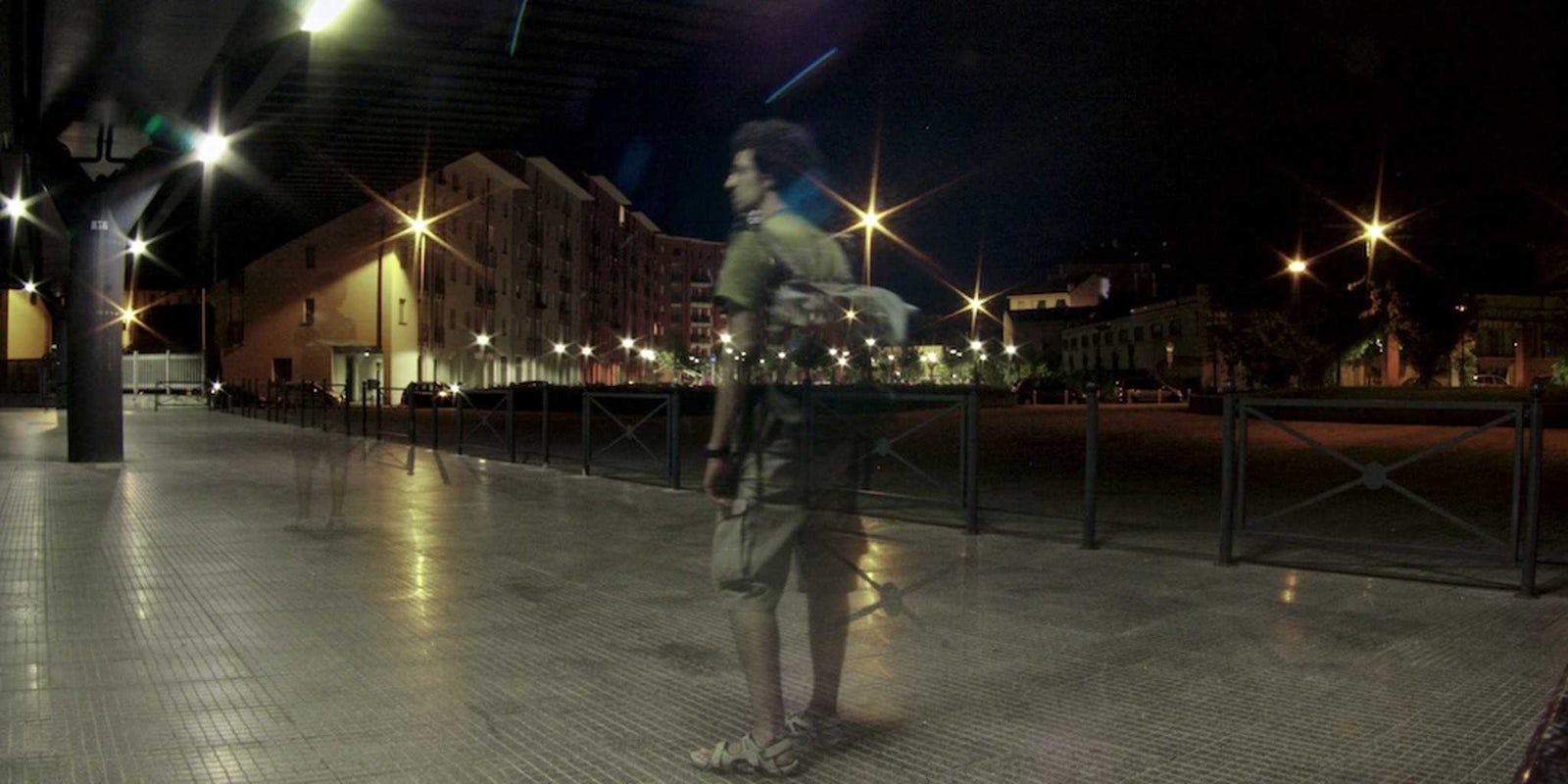If you’re single and use apps like Tinder, it’s probably happened to you: You’ve gone out with someone you met online on a first date, then three, then five. It seems to be going really well—until the person abruptly cancels on your next date, citing work obligations. You get in touch a few days later to follow up, and they don’t respond. And then it’s happened: You’ve been ghosted.
What is “ghosting,” you ask? Allow writer Sara Ashley O’Brien to explain, in her lovely piece on the phenomenon for Date Report:
‘Ghosting,’ the act of disappearing in a phantom-like fashion from someone you are seeing, is prevalent in today’s dating culture and it is objectively terrible behavior. Ghosting can happen after a one-date rendezvous or months of seeing each other—no one is safe from this juvenile phenomenon. Take a horde of singles living in a big city, give them tech devices and dating apps, add a dash of childishness and you’ve got a recipe for relationship disaster stories.
Of course, nothing about “ghosting” is necessarily new. Emotionally stunted men (and women, too) have always dumped their significant others by conveniently disappearing from their lives, leaving nary a text nor phone call nor breakup Post-It in their wake.
But hookup apps provide a convenient front for prospective “ghosters,” who want to sample every item on the sexual buffet that is the Tinder or Grindr user base, without necessarily having to deal with the emotional implications of, ya know, dating an actual person. “Now that we can hide behind our phones and swipe right on Tinder to find our next date, it’s that much easier to be anonymous and to not take responsibility,” O’Brien writes. “[But] just because it’s easy doesn’t mean it isn’t gutless.”
We can all agree that there’s nothing noble or decent or even a little bit morally OK about ghosting, and that the veil of relative anonymity an app like Tinder provides doesn’t excuse you from behaving like a total blowhole. But for tech-savvy millennials, being ghosted is like falling off a bike on rough terrain, or getting some bad fish from a C-Town supermarket on a Sunday: It’s an unfortunate, yet somewhat inevitable, consequence of the online dating game.
Literally every single one of my friends who’s used Tinder or Grindr has a story about going on a few dates with someone and hitting it off, only for them to disappear into the ether. This has led to countless panicked, late-night phone calls and “What did I do wrong?”-type conversations, which could’ve easily been avoided had the person in question called them, or even sent a polite, well-worded text, to inform them this wasn’t working out. But this is the modus operandi of a ghost: It continues to haunt you long after it’s slipped back into the night (and, most likely, logged back on Tinder, swiping right on another potential victim).
So other than rounding up all these people up and sucking them into a Ghostbusters proton pack, is there any solution to the hookup app “ghosting” epidemic? Psychotherapist Denise Abatemarco, who regularly works with single women in New York City, says there is. She urges women to pay attention to any red flags that come up during a date, like if someone is guarded or unwilling to consistently answer texts, and also try to learn more about your partner’s relationship history (this is actually something I believe should be permanently integrated into Tinder bios, as a relationship history can tell you a helluva lot more about a person than whether or not they “love life” or “dig cool music” or are “super into snowboarding”).
But short of conducting a full-on background check on your next Tinder date, there’s probably little you can do to protect yourself from ghosts. And despite the question of whether hookup apps are directly responsible for, or at least aiding and abetting, ghosts, ultimately dating on Tinder or Grindr is no different than dating IRL: All you can do is log on, cross your fingers, and hope the next person you meet won’t eventually disappear.
H/T The Date Report | Photo by Lollomelo/Flickr (CC BY – SA 2.0)


